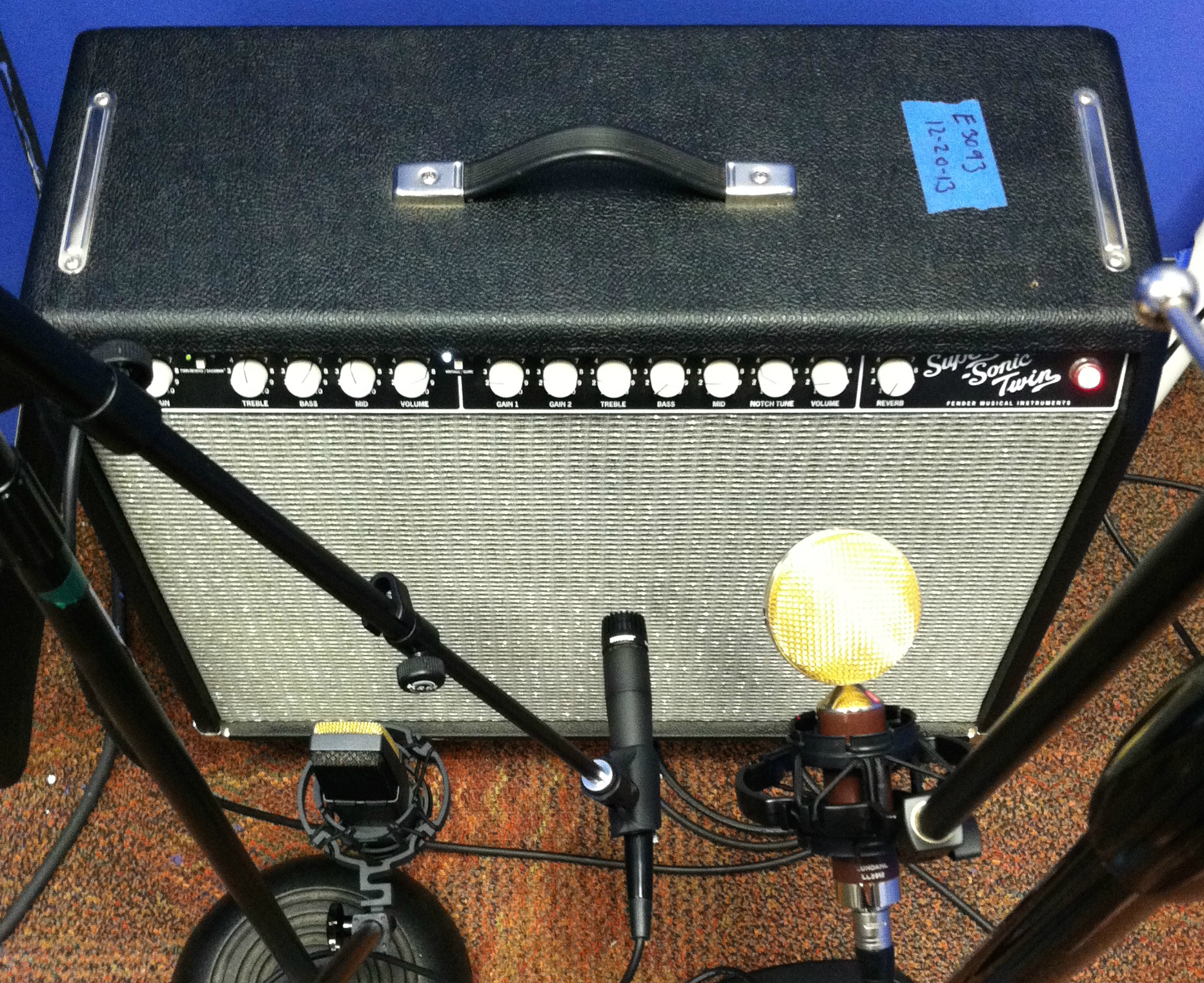
By Shannon Boerner /// Staff Writer
Two years ago, on a blustery afternoon in April, the KLC Board headed to Corvallis for the weekend. We had the opportunity to be involved in the Northwest College Radio Conference at Oregon State University, where we learned about other local stations and explored K-BVR, the OSU’s radio station. Only a handful of stations made an appearance, but everyone was eager to present their hard work and learn new perspectives in radio. We expected our dinky little station to be way behind the times, especially considering that our cohorts in this meeting were larger schools such as University of Oregon, Oregon Institute of Technology, and Eastern Oregon University. Surprisingly, many people were impressed by our station: the visually appealing website full of information, the variety of social media platforms, and the large number of DJs that had participated that semester. At the time, I did not fully understand why they were so shocked at our high participation levels. Now, I recognize the amount of time and effort that go into training and educating each DJ.
At many of these other schools, the stations, while student-run, have a station manager who is a part of the administration. This person is a part or full-time employee solely dedicated to the station. At the time, I was a nineteen-year-old sophomore RA taking 18t credits and starting my first full semester as a member of The Merryweathers. Despite my background in radio and the resources I had at hand, including my father’s thirty-year career in broadcasting, there was absolutely no way to spend in KLC even half the time other stations’ managers could spend in their station. Those other managers had the ability to create seniority lists, give DJs multiple-hour sessions like a professional station, create protocol, and most importantly, educate their DJs. There was a high level of professionalism and many requirements to be on air.
On the other side of the spectrum, KLC provides a place for students to relax and play their music extra-loud, bursting their eardrums and melting their stress away. And there is absolutely nothing wrong with that. KLC has been responsible for some very successful events and concerts, has a high level of student participation, and has developed relationships with artists and promoters both inside and outside the Portland area.
However, many of the students want to know more: Why isn’t KLC on the air? How does the Federal Communications Commission (FCC) work and where do they get their power? What happens to radio and music in this increasingly digital atmosphere? The students running KLC are a tremendous group, talented and intelligent in many different areas. With the number of activities already put together by the station, it would be impossible for any one of the board members to answer all of these questions and properly teach all 70 or more DJs each semester about radio while still attending to their own busy schedules. For this reason, I believe that there should be a broadcasting elective course available to help support and maintain KLC’s presence on campus.
Broadcasting has a long history reaching back to 1906, made popular by significant events such as FDR’s Fireside Chats and the “War of the Worlds,” broadcast by Orson Wells. More recently, college radio has been responsible for the surge of alternative rock and indie rock in the 1980’s-90’s. Labels continue to turn to college stations with new music in the hopes of reaching young audiences.
Much of this knowledge is taught within the Rhetoric & Media Studies department, but our team at the station represents a variety of majors. It is unfair to ask a student to take an additional four-credit RHMS course to be a part of the radio station. Not to mention, many of the courses that focus on media theory have prerequisites or are filled up quickly by RHMS majors. Therefore, having a one- or two-credit elective would allow for students inside and outside the major to take a course that would benefit their broadcasting abilities and would not add a tremendous amount of work to their already busy schedules.
KLC acquired 105 signatures of support on a petition that detailed the proposal for a broadcasting elective. 86 of those students indicated a level of interest in taking the broadcasting course. Of the 48 respondents who indicated a high level of interest, over 70% were not RHMS majors. Furthermore, 33% of respondents were not involved with KLC Radio in any way.
There is clearly a desire for more knowledge about broadcasting from students at LC. A broadcasting elective would answer questions about digital radio and the FCC. Most importantly, it would apply and connect the theories of media and social justice that we learn in class to our everyday activities.
Subscribe to the Mossy Log Newsletter
Stay up to date with the goings-on at Lewis & Clark! Get the top stories or your favorite section delivered to your inbox whenever we release a new issue.

Leave a Reply